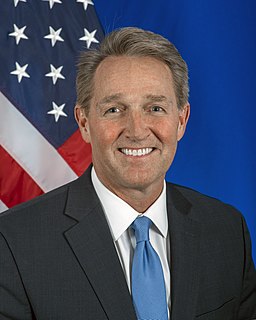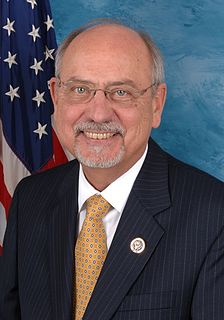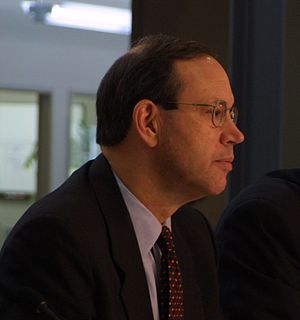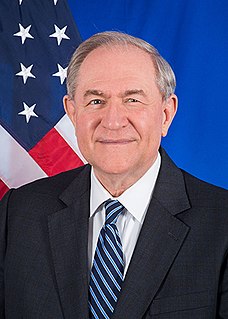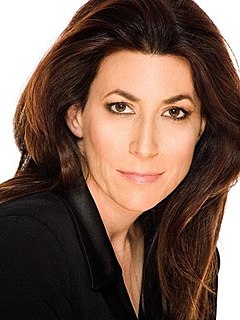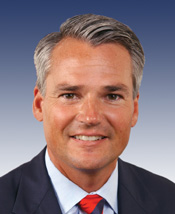A Quote by Jeff Flake
After September 11, it became unpatriotic to question any homeland-security or defense spending, and that let things get out of control.
Related Quotes
I was an Army intelligence agent and a veteran during the Cold War, assigned to West Germany. I was the chairman of the National Commission on Homeland Security and Terrorism for the United States for five years. I was a person who has dealt extensively with these homeland security issues. I was a governor during the 9/11 attack.
You know, the truth is that right after 9/11, I had a (flag) pin. Shortly after 9/11, particularly because as we're talking about the Iraq war, that became a substitute for, I think, true patriotism, which is speaking out on issues that are of importance to our national security, I decided I won't wear that pin on my chest.
After September 11 there was feeling obligated to respond, and allow other people to set the terms of the conversation. There was this ritualistic condemnation of terrorism. I'm not saying that that's unimportant, but it became the case that the Muslim people in the United States or in other parts of the world were inclusively taking on responsibility for things that they had nothing to do with. Of course, it's very important that a community define its moral boundaries. A community also must acknowledge what it can and cannot control.
Anne Richard, a senior U.S. State Department official, testified at a Senate Homeland Security Committee hearing in November 2015 that any Syrian refugee trying to get into the United States is scrutinized by officials from the National Counterterrorism Center, FBI, Department of Homeland Security, State Department and Pentagon.
ISIL, AQ, now have the ability to literally reach into our homeland through social media, through the Internet, to recruit and inspire. It makes for a more complicated homeland security environment. And so it requires a whole of government approach, not just military and law enforcement, homeland security, aviation security, and the like.
Before September 11, we were fighting terrorism in our southwestern Philippines, and it was a lonely fight. However, we were able to contain it now in one island in that part of the Philippines. But after September 11, and after the creation of the global coalition against terrorism, now we have allies, and I believe now it will easier with allies.
